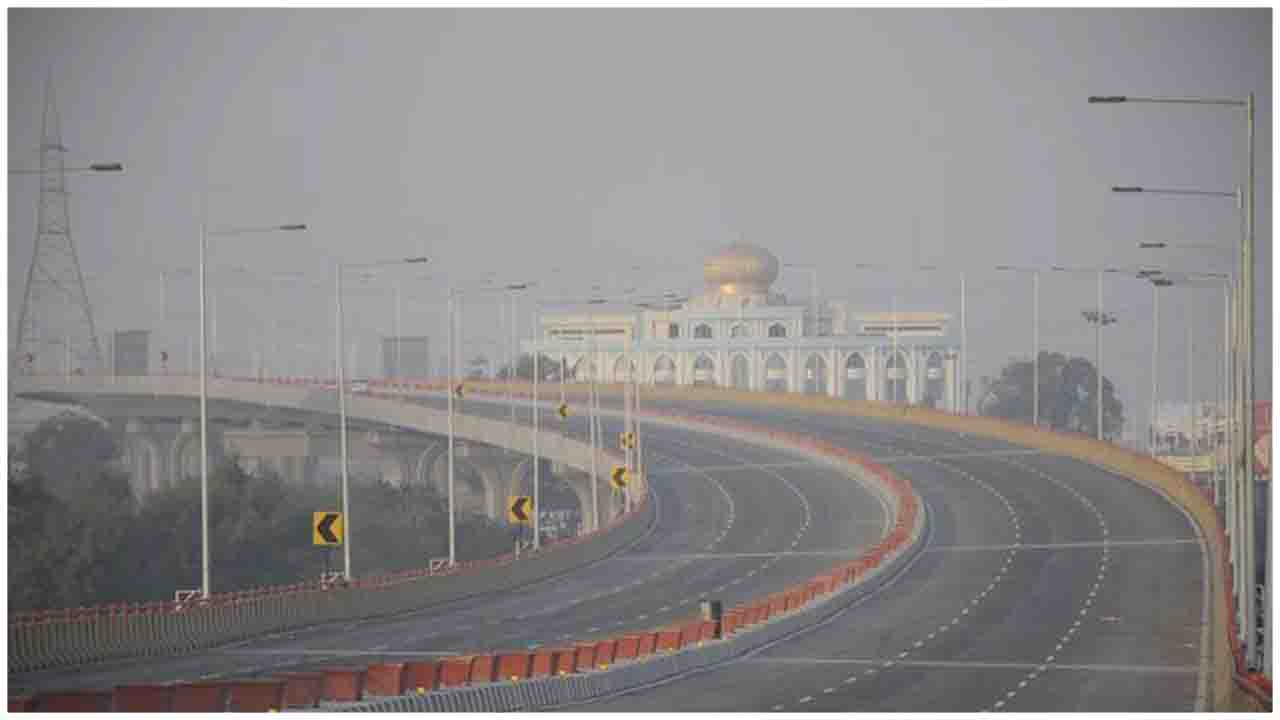The Ghaziabad administration will set up dedicated severe acute respiratory illness (SARI) clinics to provide timely treatment to suspected COVID-19 patients in the district, an official said on Thursday. Ghaziabad District Magistrate Ajay Shankar Pandey has instructed Chief Medical Officer (CMO) N K Gupta to establish the clinics as per the guidelines of the Indian Council of Medical Research (ICMR).
Stressing that only those with respiratory problems or other COVID-19 symptoms would be treated at the clinics, Pandey said a dedicated helpline will be launched soon to ensure timely treatment is provided to such people.
SARI clinics would conduct screening of people with COVID-19 symptoms through cartridge based nucleic acid amplification test (CBNAAT) and every bed would be equipped with an oxygen cylinder and oximeter to measure oxygen saturation, Gupta told PTI.
After getting a report of the patient through CBNAAT, the sample would be sent for testing to check the Reverse Transcription Polymerase Chain Reaction (RT-PCR).
In case the patient has been detected COVID-19 positive, medicines would be provided to him as per protocol.
The main aim of establishing SARI clinics would be to identify COVID-19 patients who are suffering from breathlessness within one or two hours instead of 24 to 48 hours. Pulse oximeter would test the oxygen saturation in ‘happy’ hypoxia/silent pneumonia patients, he said.
Meanwhile, Prime Minister Narendra Modi said the country has moved from the policy of command and control to plug and play in order to prepare it for the post COVID world. Addressing the Industry heads at the 95th annual plenary session of the Indian Chamber of Commerce on the theme of people, planet and profit in Kolkata through video conference today, Prime Minister highlighted government’s people-centric, people-driven and planet-friendly policies. He said it is the time for bold investments and bold decisions to build a globally competitive strong domestic supply chain in the country.
The Prime Minister said the country is fighting multiple challenges on many fronts. He affirmed that these odds have further strengthened the determination of the country. Highlighting the importance of Atma Nirbhar Bharat, he said, the country is determined to convert the challenges into an opportunity and termed self-reliance as the key solution to pave the path for the Post COVID world.
Mr. Modi said, self-reliance has been paramount in government’s policy decisions in the last 6 years and maintained that the COVID crisis has given an opportunity to speed up efforts in this direction. Remembering Swami Vivekananda's mantra for Indian's to use their own produce and find markets in other countries, he termed self-reliance as the key solution for India. He said that Swami Vivekananda has shown the path for a Post COVID world.
Emphasizing on the need to cut down imports, he said the production of goods in the country has been encouraged by the various reforms announced by the government and reiterated his call to go vocal for local. Appreciating the efforts of small traders and producers, he said that when we buy local produce from them, we are not just paying them for their goods and services, but are honouring their contributions.
Underlining the reforms of definitional change of MSME to the decriminalization of provisions for the industrial sector, he said, these will pave way for better growth in the country. Citing the amendments in the APMC and Essential Commodity Act, the Prime Minister said these historic changes will help farmers develop a bigger and better market. He said, the recent historic decisions have liberated the agrarian economy from years of restrictions.
The Prime Minister said, banking services in the country have reached those who were kept in the category of have-nots for a long time. He also hailed the decision of development of cluster based markets, which he said, will open doors of opportunities for increased local produce.
Prime Minister reckoned path breaking policy decisions taken to boost up manufacture and sale of LED bulbs in the country, which helped save 19 thousand crore rupees for the common people. It also reduced carbon dioxide emission by 4 crore tons and saved non-renewable energy resources. He added that the development of Inland waterways, banning of single-use plastic, boosting the use of digital payment and renewable energy sources have helped drive the economy benefiting both people and planet along with equitable gains.
Mr. Modi said, along with the country, eastern and northeastern states have huge potential to utilize the benefits of the economic reforms to boost their productivity.
He urged the Industrial body and corporates to chalk out strategies to further help achieve the goal of self-reliance by adopting greater investment in the manufacturing sector. The Prime Minister appreciated the efforts of the Indian Chamber of commerce in serving the nation since its creation in 1925. He also applauded the ICC's contribution to the development of the North East.

 SARI clinics for Ghaziabad Coronavirus patients to be effective soon
SARI clinics for Ghaziabad Coronavirus patients to be effective soon










.jpeg)


.jpeg)



.jpeg)
.jpeg)






.jpeg)





